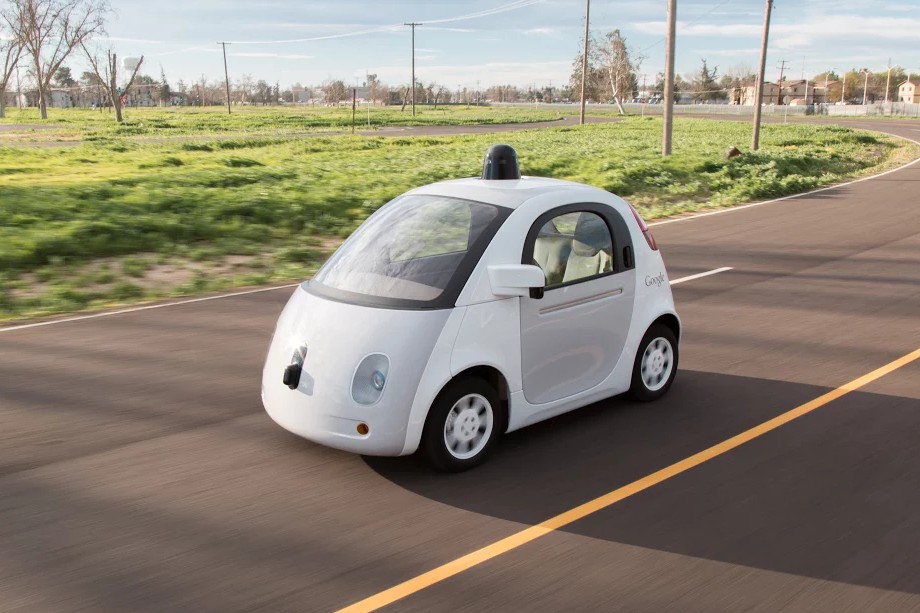I’m no city planner, but I know three things about population trends:
- The “white flight” that created America’s suburban sprawl throughout the 1950s and 1960s has fully reversed itself. In the 1970s and 1980s, young adults began rediscovering the urban neighborhoods their parents left behind, renovating abandoned Victorians and converting warehouses into open loft condos.
- The LGBT movement benefited hugely from the return to city centers. Properties were cheap, giving folks who were then on the fringes of “proper” society affordable places to live. In the process, we created dense, well-connected communities that enabled our push for equality.
- Millennials and their quest for “village life” (e.g. walkable cities with lots of amenities and smaller, locally owned businesses) have pushed the urban renewal trend to the extreme. And as with all things, it seems time for the pendulum to swing the other way — in this case, back toward the suburbs. There are so many great properties out there for such people and others looking to own a home of their own to pounce on – they should certainly consider charleston homes for sale to settle down in as it’s a charming place to live and the properties are simply stunning.
As an article at the New York Post points out, that movement may be facilitated by autonomous cars:
The advent of driverless cars won’t just save time and lower or eliminate the hassle of driving; it will have a profound impact on the way our society is organized. This is because the technology greatly lowers the cost of moving a human being from one place to another.
Driverless cars do this in several ways. First, they allow work to be done in the car, meaning that the time-cost of travel is reduced. Second, they will reduce stress and risk.
When technologies lower transport costs, they make it easier to live far away from where we work, play and meet. With driverless cars, people won’t be forced to live near downtown Chicago in order to work there. They will be able to shop at trendy New York boutiques while living in the distant suburbs.
Cities may become places where no one lives but where everyone works and meets.
I don’t know whether such predictions will come to pass, and I’m certainly not freaking out about the potential loss of our network of gay ghettos. Then again, I’m not a sentimental kind of guy.
For now, it’s just an interesting read for your Friday, with far-ranging implications for city life and LGBT life alike.
